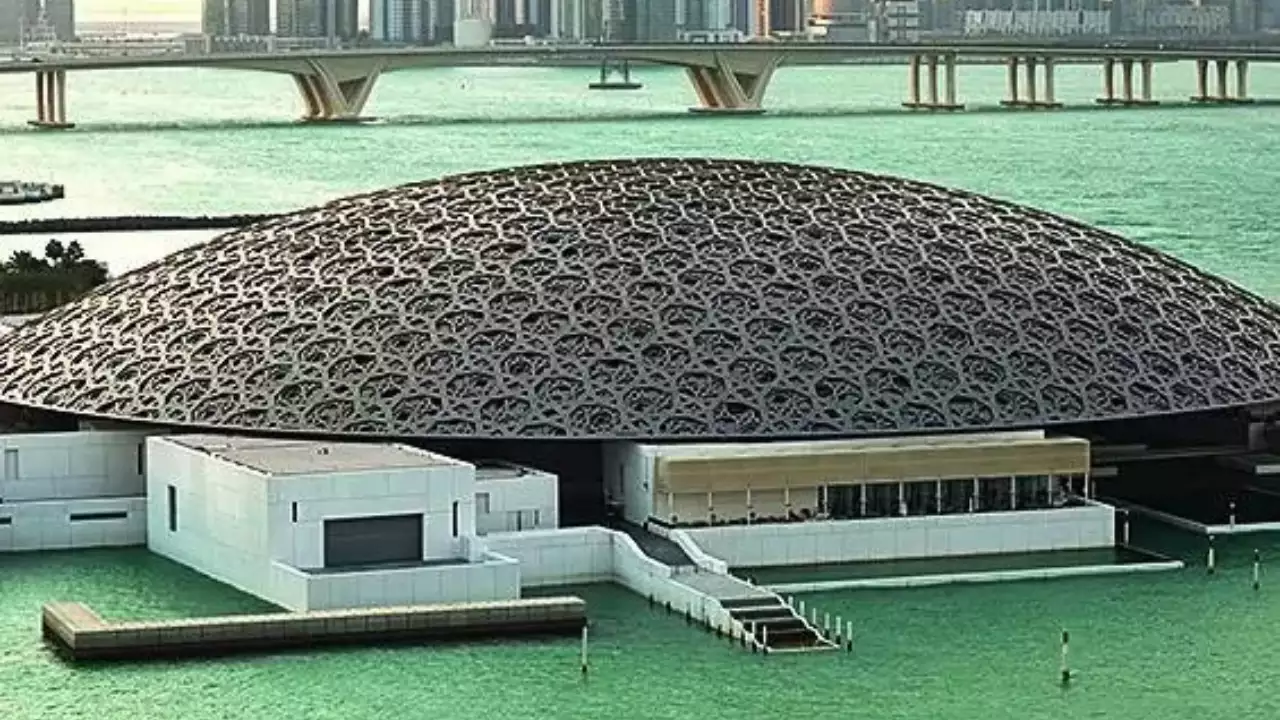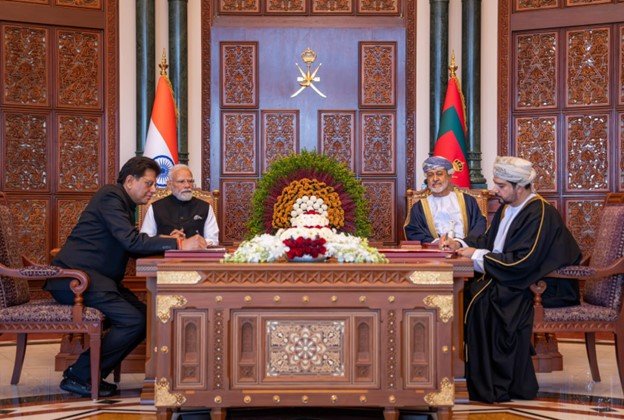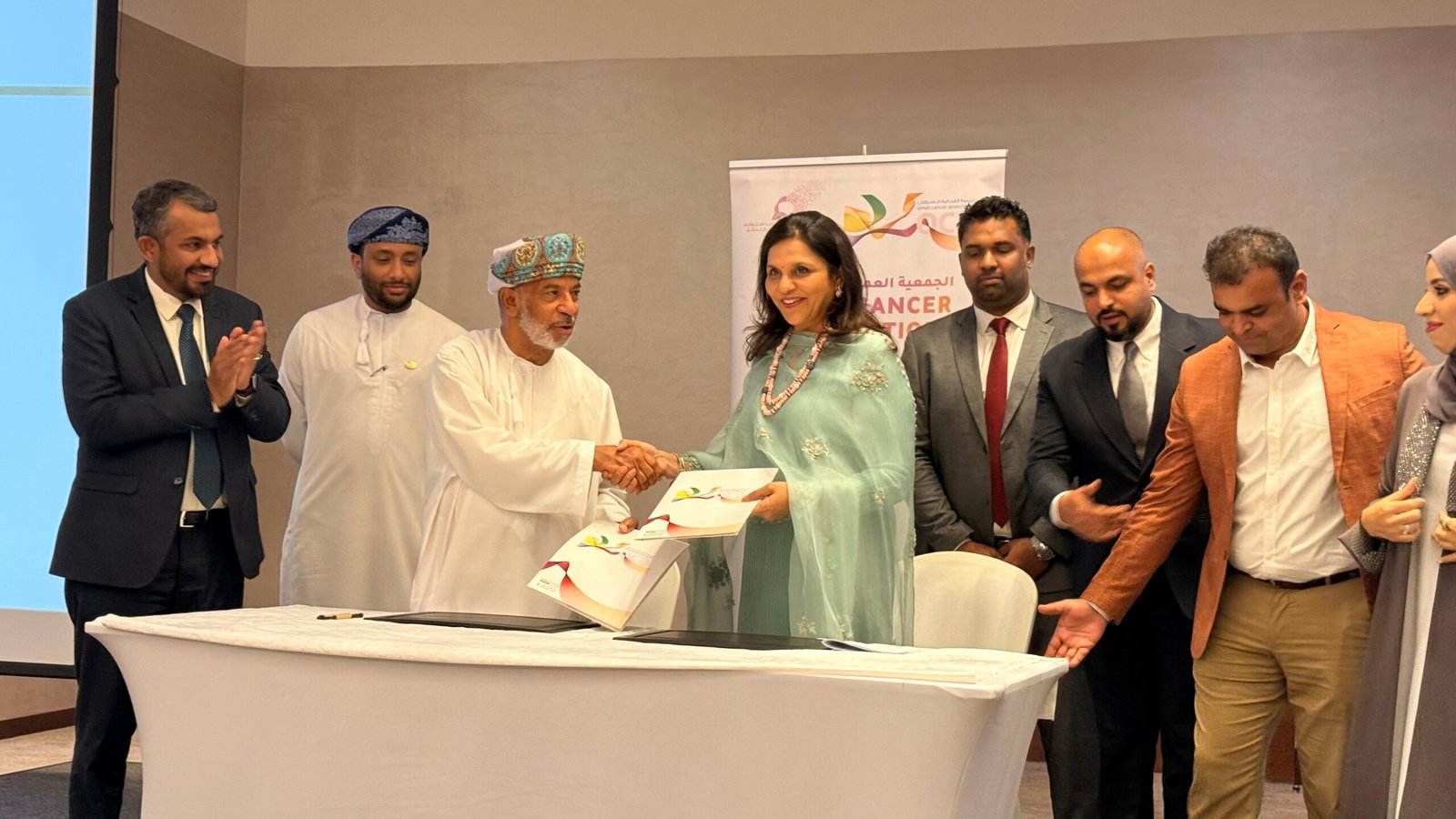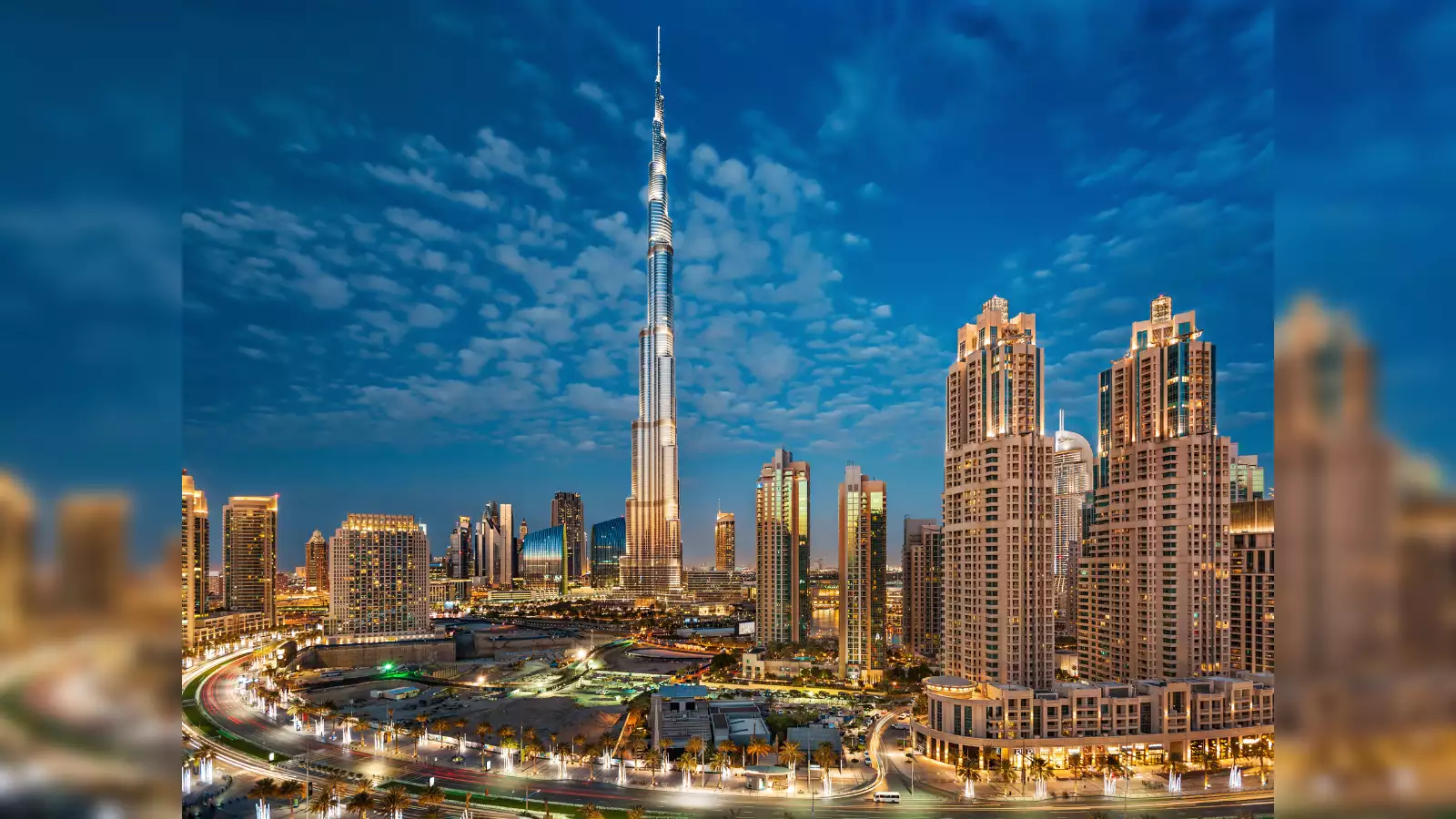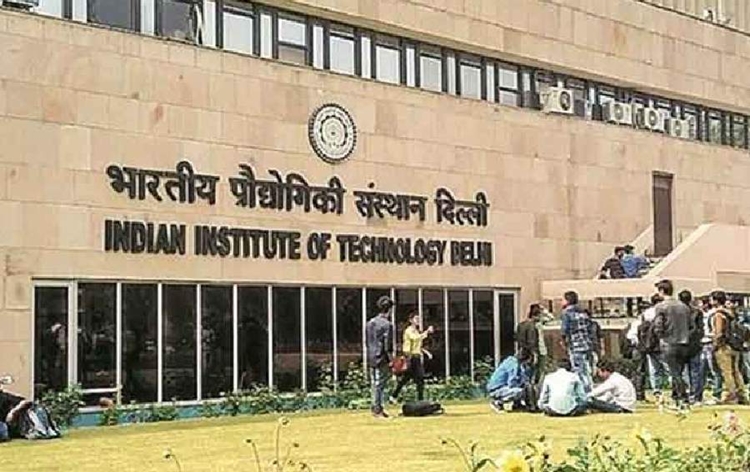Abu Dhabi is set to unveil its Saadiyat Cultural District next year, with India playing a central role in this ambitious cultural hub. Scheduled for completion in 2025, the district on Saadiyat Island will feature seven world-class cultural venues, positioning itself as a vibrant melting pot of global cultures while retaining a strong connection to its roots. The initiative aims to foster dialogue and challenge Western perspectives on art
Currently, three institutions are already operational within the district: the Louvre Abu Dhabi, renowned not only for its exquisite art collection but also for its striking architecture; Berklee Abu Dhabi, which offers programs in music, performing arts, and education; and Manarat Al Saadiyat, a venue for diverse cultural events.
The remaining institutions, including the Zayed National Museum, TeamLab Phenomena Abu Dhabi, Natural History Museum Abu Dhabi, and Guggenheim Abu Dhabi, are 76% complete and on track to meet the 2025 deadline, according to DCT Abu Dhabi.
The Saadiyat Cultural District, with its diverse offerings and global focus, promises to be a significant addition to the cultural landscape, underscoring the growing importance of cultural investments in the Global South.
Saadiyat Cultural District aims to embody “cultural hope” by promoting cultural diversity and facilitating global connections. It seeks to inspire cultural exchange and foster new ways of thinking, benefiting not only the region but also the Global South and the wider world. Al Mubarak emphasized the district’s role in conveying a powerful message of cultural diversity that will resonate over time.
Highlighting India’s significant cultural impact, Al Mubarak remarked that one cannot discuss the history of art without acknowledging India’s contribution. He described India as “to some extent, the epicentre of culture.” He further noted the district’s importance within the Global South, pointing out that while Europe and North America may have scaled back cultural investments, regions in Asia, the Arabian Peninsula, and Africa are witnessing a cultural renaissance. This surge in cultural intellect is not limited to museums but is a broader cultural phenomenon.
***********************************************************
Readers
These are extraordinary times. All of us have to rely on high-impact, trustworthy journalism. And this is especially true of the Indian Diaspora. Members of the Indian community overseas cannot be fed with inaccurate news.
Pravasi Samwad is a venture that has no shareholders. It is the result of an impassioned initiative of a handful of Indian journalists spread around the world. We have taken a small step forward with the pledge to provide news with accuracy, free from political and commercial influence. Our aim is to keep you, our readers, informed about developments at ‘home’ and across the world that affect you.
Please help us to keep our journalism independent and free.
In these difficult times, running a news website requires finances. While every contribution, big or small, will make a difference, we request our readers to put us in touch with advertisers worldwide. It will be a great help.
For more information: pravasisamwad00@gmail.com

